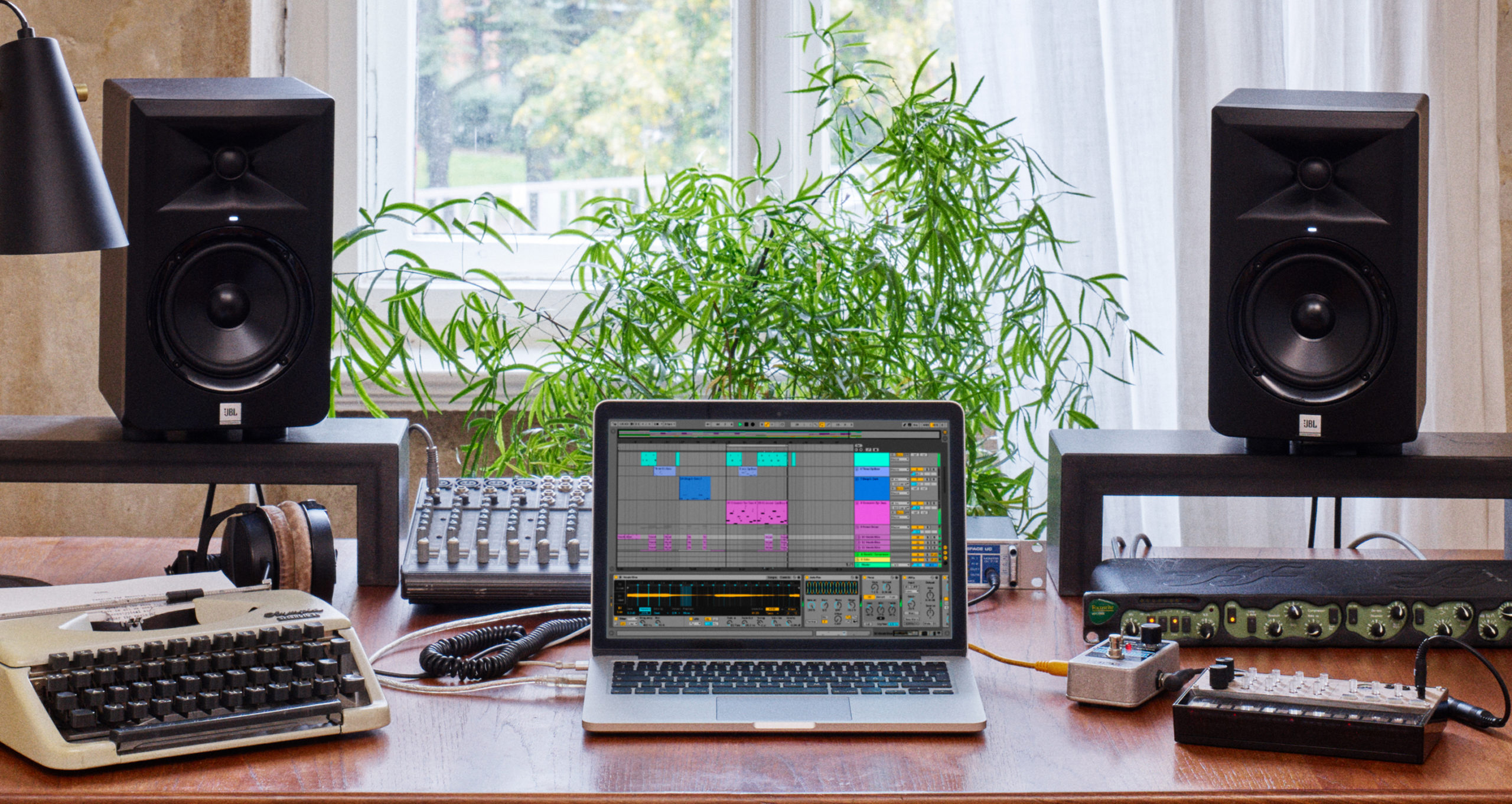Tuning Vocals
Tuning Vocals with Autotune
Autotune is a software tool used in music production to correct pitch inaccuracies in vocal recordings. It works by analyzing the pitch of a recorded vocal track and adjusting it to the nearest correct pitch in real-time. It’s a widely used tool in the music industry and is often used to achieve a specific sound or style.
When tuning vocals with autotune, the software can be set to different levels of correction, ranging from subtle pitch correction to extreme pitch manipulation. The amount of correction used depends on the desired effect and the style of the music being produced.
In some cases, autotune is used to correct minor pitch inaccuracies in a vocal performance to make it sound more polished and professional. In other cases, autotune is used as a creative tool to create a specific effect or style, such as the heavily tuned vocals used in some pop and hip-hop music. Does anyone remember this?.
Tuning Vocals in Melodyne
Melodyne is a software tool used for pitch correction and editing in music production. It allows producers to manipulate the pitch, timing, and dynamics of individual notes within a recorded audio file. Melodyne is often used to correct pitch inaccuracies in vocal recordings, as well as to create unique vocal effects and harmonies.
When tuning vocals in Melodyne, the software analyzes the audio file and displays the notes and pitches of the recorded vocal performance. The user can then adjust the pitch of individual notes, either manually or with the help of Melodyne’s automatic pitch correction tools.
It also allows for very precise pitch correction, allowing users to make subtle adjustments to a vocal performance without altering the natural character and expression of the singer’s voice. It can also be used to correct timing issues and adjust the volume and dynamics of individual notes.
Melodyne offers several modes for pitch correction, including a natural mode that preserves the original character and expression of the singer’s voice, and a more aggressive mode that can be used to create the heavily tuned vocal sound popular in some genres of music.
What’s in Your DAW?
DAW stock tuning plugins are tools that are included with many popular music production software programs. They allow producers to manipulate the pitch of audio recordings to correct inaccuracies, create harmonies, and achieve specific effects.
There are several different types of stock tuning plugins that may come with a DAW, including:
- Pitch Correction – This plugin is used to automatically correct the pitch of a recorded audio file. It can be set to different levels of correction, from subtle to extreme, depending on the desired effect.
- Pitch Shift – This plugin allows producers to shift the pitch of an audio recording up or down by a certain number of semitones. This can be used to create harmonies or to achieve a specific tonal effect.
- Tuner – This plugin is used to tune a recorded audio file to a specific note or frequency. It is often used to tune instruments like guitars or basses.
- Auto-Tune – Auto-Tune is a specific brand of pitch correction software that is often included as a stock plugin in some DAWs. It allows producers to correct pitch inaccuracies and create the heavily tuned vocal sound popular in some genres of music.
Stock tuning plugins can be a helpful tool for producers to achieve a polished and professional sound in their recordings. However, it is important to use them judiciously and not rely on them as a substitute for good singing technique and practice. While tuning plugins can be used to correct minor pitch inaccuracies and create unique effects, they cannot replace the skill and technique required to deliver a strong vocal performance.


